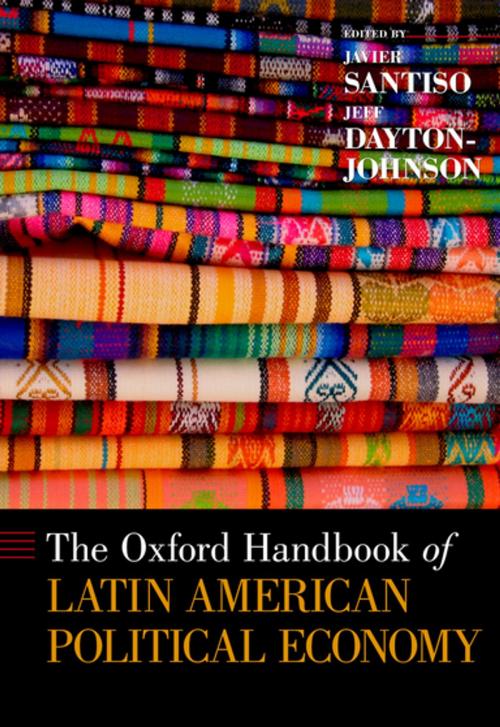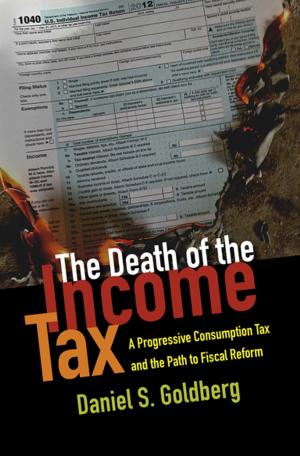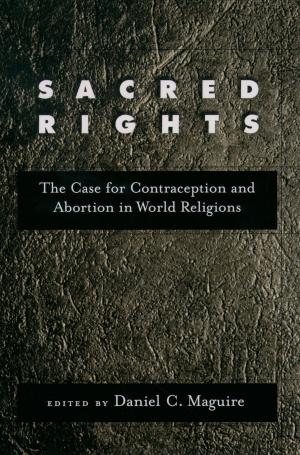The Oxford Handbook of Latin American Political Economy
Business & Finance, Economics, International Economics, Economic Development, Nonfiction, Social & Cultural Studies, Political Science, Politics, Economic Conditions| Author: | ISBN: | 9780199942657 | |
| Publisher: | Oxford University Press | Publication: | May 7, 2012 |
| Imprint: | Oxford University Press | Language: | English |
| Author: | |
| ISBN: | 9780199942657 |
| Publisher: | Oxford University Press |
| Publication: | May 7, 2012 |
| Imprint: | Oxford University Press |
| Language: | English |
Latin America's recent development performance calls for a multidisciplinary analytical tool kit. This handbook accordingly adopts a political-economy perspective to understand Latin American economies. This perspective is not new to the region; indeed, this volume consciously follows the approach pioneered by political economist Albert O. Hirschman a half century ago. But the nature of the political and economic processes at work in Latin America has changed dramatically since Hirschman's critical contribution. Military dictatorships have given way to an uneven democratic consolidation; agricultural or primary-product producers have transformed into middle-income, diversified economies, some of which are leading examples of emerging markets. So, too, the tools of political-economy have developed by leaps and bounds. It is therefore worthwhile to take stock of, and considerably extend, the explosion of recent scholarship on the two-way interaction between political processes and economic performance. A unique feature of the book is that it begins with a group of chapters written by high-level academic experts on Latin American economics and policies who also happen to be current or past economic policy makers in the region, including Fernando Henrique Cardoso (former president of Brazil), Andrés Velasco (former Chilean finance minister), Luis Carranza (former Peruvian finance minister), Martín Redrado (former governor of the Argentina central bank) and Luciano Coutinho (president of Brazil's national development bank). These contributors draw upon their academic expertise to understand their experience in the trenches of policy making.
Latin America's recent development performance calls for a multidisciplinary analytical tool kit. This handbook accordingly adopts a political-economy perspective to understand Latin American economies. This perspective is not new to the region; indeed, this volume consciously follows the approach pioneered by political economist Albert O. Hirschman a half century ago. But the nature of the political and economic processes at work in Latin America has changed dramatically since Hirschman's critical contribution. Military dictatorships have given way to an uneven democratic consolidation; agricultural or primary-product producers have transformed into middle-income, diversified economies, some of which are leading examples of emerging markets. So, too, the tools of political-economy have developed by leaps and bounds. It is therefore worthwhile to take stock of, and considerably extend, the explosion of recent scholarship on the two-way interaction between political processes and economic performance. A unique feature of the book is that it begins with a group of chapters written by high-level academic experts on Latin American economics and policies who also happen to be current or past economic policy makers in the region, including Fernando Henrique Cardoso (former president of Brazil), Andrés Velasco (former Chilean finance minister), Luis Carranza (former Peruvian finance minister), Martín Redrado (former governor of the Argentina central bank) and Luciano Coutinho (president of Brazil's national development bank). These contributors draw upon their academic expertise to understand their experience in the trenches of policy making.















